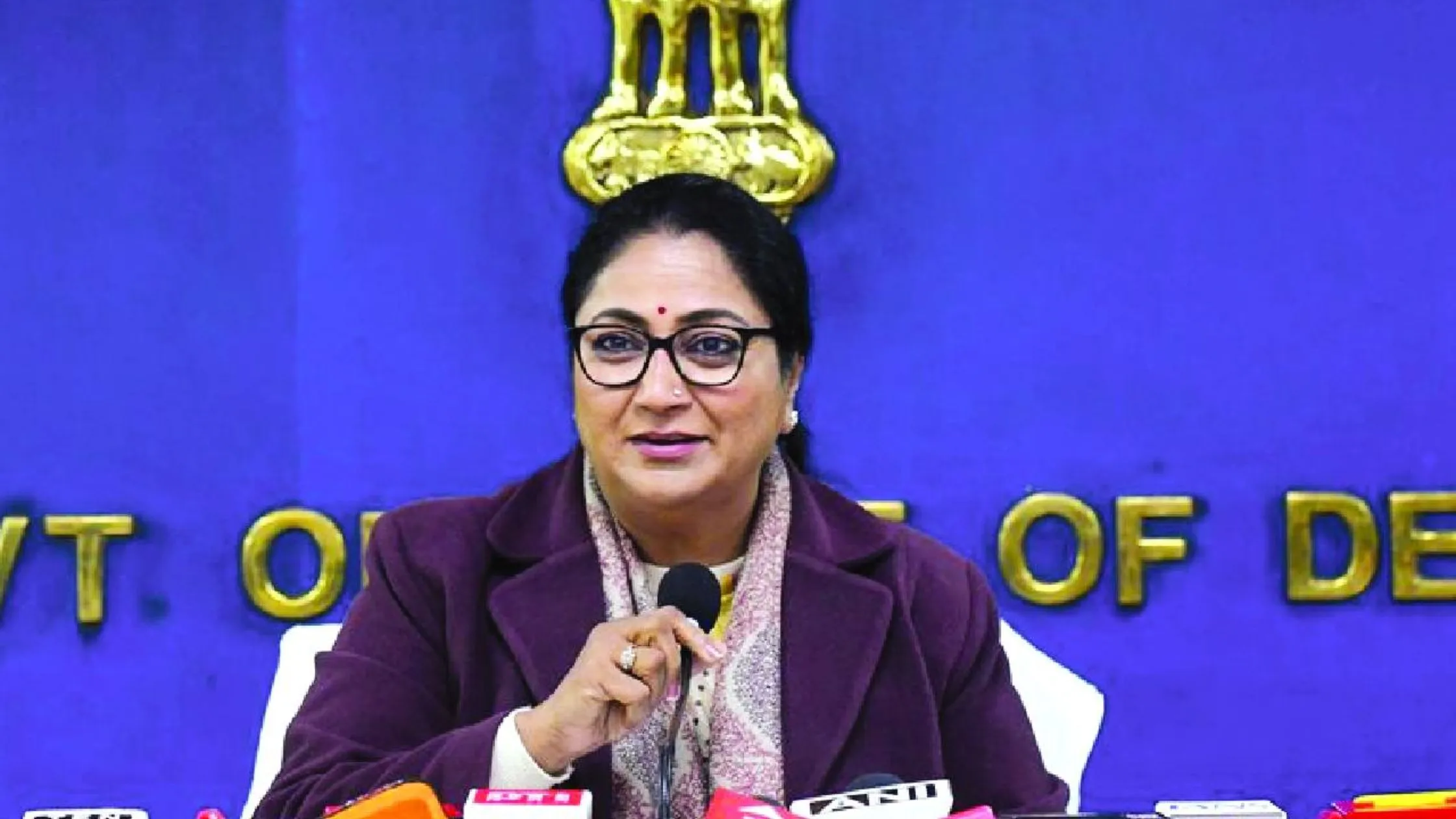Table of Content
▲- What is a Mortgage Loan?
- How Does a Mortgage Work in India?
- Primary Mortgage Loan Types in India
- Modern Mortgage Options Based on Interest Rate & Repayment
- The Mortgage Application Process
- Advantages and Disadvantages of Mortgage Loan Types
- Eligibility Criteria for Mortgage Loans in India
- Required Documentation for Mortgage Applications
- Common Mistakes to Avoid When Selecting a Mortgage
- Conclusion
The journey to homeownership or leveraging the value of your real estate begins with understanding one key concept, mortgage loan types. As one of the most significant financial commitments you’ll ever make, a mortgage is not just a loan; it’s a strategic financial decision that can shape your wealth, lifestyle, and long-term security.
In India, there is a wide array of home loan types tailored to suit different borrower profiles, property types, and financial goals. From traditional fixed-rate mortgages to specialized products like commercial loans and title deed deposits, the types of mortgages available today are more diverse and borrower-friendly than ever before.
Whether you're a first-time home buyer, a business owner looking to monetize property, or someone seeking to refinance an existing loan, understanding the nuances of each mortgage loan type is essential to making a smart, informed decision. This article offers a comprehensive overview of mortgage options in India including their features, pros and cons, and how to choose the right fit for your needs.
What is a Mortgage Loan?
A mortgage loan is a secured financial instrument wherein the borrower pledges real estate, such as land, a house, or commercial property, as collateral to a lender. In return, the borrower receives a loan amount which is repaid over a period of time, typically through monthly installments that include both interest and principal. The lender holds the title or legal claim on the property until the loan is fully repaid.
While the property remains in the possession of the borrower during the loan tenure, failure to meet the repayment obligations allows the lender to initiate legal proceedings to claim or sell the property. This makes it crucial to understand the different mortgage loan types and select one that aligns with your financial capability and property objectives.
Also Read : What is Home Loan Top-Up: Eligibility, Benefits, and Comparison
How Does a Mortgage Work in India?
The basic structure of a mortgage is similar across most lending institutions, though the type of mortgage you choose will impact your repayment experience.
Here's how a typical mortgage functions:
- Down Payment : This is an upfront payment made by the borrower, usually 10%–25% of the property’s value. A larger down payment reduces the loan burden.
- Loan Approval & Pre-Approval : The lender assesses your credit score, income, employment status, and debt-to-income ratio before sanctioning the loan.
- Interest Rate : Depending on the mortgage loan type, the mortgage interest rate may be fixed or variable (floating).
- EMIs & Amortization : Monthly instalments (EMIs) include principal and interest, structured through amortization, where initial payments are interest-heavy and later payments cover the principal.
- Ownership : While the borrower retains possession, legal ownership remains with the lender until the loan is repaid.
Primary Mortgage Loan Types in India

India has both traditional and legally unique types of mortgages, each with specific terms and use cases.
Here’s a breakdown of the most widely used mortgage loan types:
1. Simple Mortgage
- The borrower retains the right to use the property.
- The lender gains the right to sell the property if the borrower defaults.
- Ideal for residential or self-occupied properties.
- Additional Insight : This is one of the most straightforward mortgage structures, typically involving lower legal costs. It offers security to the lender but ensures the borrower continues to occupy and use the property.
2. Usufructuary Mortgage
- Possession is transferred to the lender, who can collect rent or earnings from the property.
- Best suited for income-generating properties such as rental homes or shops.
- Additional Insight : The borrower is relieved from paying EMIs directly as the lender earns income from the property. However, the borrower loses access to property-generated income until the loan is repaid.
3. English Mortgage
- Full ownership is transferred to the lender until repayment.
- Upon repayment, ownership reverts to the borrower.
- Offers higher loan amounts and greater lender security.
- Additional Insight : This mortgage type is often used for larger loans, especially in commercial or high-value property financing. Borrowers must be cautious, as default may lead to full loss of ownership.
4. Mortgage by Title Deed Deposit
- The borrower submits the original property title to the lender.
- No formal registration required, making it faster and cost-effective.
- Popular in urban lending due to its simplicity.
- Additional Insight : It is commonly used in metropolitan areas where banks and NBFCs are permitted to accept title deeds. Loan disbursal is quick, but only clean and dispute-free titles are eligible.
5. Mortgage by Conditional Sale
- A conditional property sale occurs, with the agreement that ownership is restored post-repayment.
- Complex legal documentation involved.
- Additional Insight : Rarely used in modern lending due to complications, but it still exists in certain rural or traditional loan transactions where formal mortgages are less common.
6. Commercial Mortgage
- Used for acquiring, developing, or refinancing commercial properties.
- Suited for businesses and large investors.
- Additional Insight : Provides high-value funding for business expansion, construction projects, or office spaces. The approval process may involve strict scrutiny of business financials and revenue models.
7. Anomalous Mortgage
- A combination of two or more mortgage types.
- Customized agreements based on lender and borrower needs.
- Additional Insight : Highly flexible and tailored to unique situations. It allows negotiation of terms, but borrowers should carefully evaluate legal clauses to avoid risks.
Modern Mortgage Options Based on Interest Rate & Repayment
- Fixed-Rate Mortgage
Constant interest rate throughout the loan term.
Best for long-term financial planning.
Predictable EMI payments. - Adjustable-Rate Mortgage (ARM)
Interest rate varies with market conditions.
Initial lower rates but potential for increased EMIs over time.
Suitable for short-term homeowners or investors expecting falling rates. - Conventional Loan
No government backing.
Requires a strong credit score and stable income.
Often used for higher-value properties. - FHA Loan (Subsidized Loans)
Government-supported for first-time home buyer loans and low-income groups.
Lower down payments, relaxed eligibility criteria. - VA Loan / Armed Forces Housing Schemes
Special mortgage products for defence personnel.
Low interest, minimal documentation, and tailored benefits. - USDA Equivalent Loans (Rural Housing Programs)
Targeted at rural and semi-urban housing under government initiatives.
Attractive terms for underserved populations.
The Mortgage Application Process

Applying for a mortgage loan with Poonawalla Fincorp is designed to be seamless and customer-friendly, ensuring minimal hassle for borrowers.
The process typically involves the following stages:
Step 1 – Initiate Your Application : Visit the lender’s official portal, choose the desired loan option, and click on ‘Apply Now’ to begin the process.
Step 2 – Enter Your Details : Fill in the online application form with accurate personal, financial, and property-related information. Providing correct details at this stage helps avoid delays during verification.
Step 3 – Submit and Verification : Once the form is complete, submit it for assessment. The lender will review your credit profile, income documents, and property papers to determine eligibility.
Step 4 – Approval and Confirmation : After successful verification, the lender issues an approval, outlining the sanctioned loan amount, interest rate, and terms of repayment.
Step 5 – Disbursement of Funds : Upon your acceptance of the terms and signing of the agreement, the approved loan amount is disbursed to your account, enabling you to proceed with your home purchase or financial requirement.
This streamlined process ensures that borrowers receive quick decisions, transparent terms, and timely fund disbursement.
Interest, Principal, and Amortization
Interest: Interest is essentially the cost of borrowing money from the lender. It can be charged at either a fixed rate, which remains constant throughout the loan tenure, or a floating/variable rate, which fluctuates with market conditions. In the initial stages of repayment, a larger portion of your EMI goes toward covering the interest component.
Principal: The principal refers to the original loan amount sanctioned by the lender. Every EMI you pay gradually reduces this principal balance. Over time, as the outstanding principal decreases, your interest obligation also reduces, making repayment more manageable.
Amortization : Amortization is the systematic process of repaying the loan through regular EMIs over the tenure. In the early years, a significant share of your payments goes toward interest, but as the loan matures, a greater proportion of the EMI is applied to the principal. This structured repayment ensures that the loan is fully settled by the end of the term.
Also Read : Top 7 Benefits of Home Loans for Women
Advantages and Disadvantages of Mortgage Loan Types
For First-Time Home Buyers
Advantages:
- FHA equivalent schemes offer low down payments and flexible credit checks.
- Fixed rate mortgage loan types ensure predictable EMIs for better budgeting.
- Pre-approved loans boost confidence during property negotiations.
Disadvantages:
- May be limited in loan amount.
- Need to pay PMI if down payment is below 20%.
- Complex legal terms in certain mortgage types may be confusing without guidance.
For Business Owners and Investors
Advantages:
- Commercial mortgage loan types offer large-scale funding for development or expansion.
- Usufructuary mortgage allows lenders to earn from the asset, reducing EMIs.
- Anomalous mortgage options provide tailor-made agreements.
Disadvantages:
- Ownership transfer (e.g., English mortgage) may reduce flexibility during the tenure.
- High-value loans may demand excellent financial documentation and higher credit scores.
- Default risk can lead to significant business asset loss.
For Existing Property Owners Seeking Funds
Advantages:
- Use existing real estate as collateral through mortgage by title deed deposit.
- Quick processing and minimal legal formalities.
- No need to sell the property to raise capital.
Disadvantages:
- Limited loan amount based on property valuation (typically 60–70% LTV).
- Property remains under lien until repayment.
- May incur prepayment or foreclosure charges.
Eligibility Criteria for Mortgage Loans in India

While eligibility varies by lender and mortgage loan type, common criteria include:
- Age : 21–60 years (up to 70 in some cases)
- Income : Regular salaried or business income.
- Credit Score : Minimum 700–750 recommended.
- Debt-to-Income Ratio : Lower ratios preferred for large loans.
- Property Documentation : Clear title, urban locality, free from disputes.
Required Documentation for Mortgage Applications
- Identity Proof : Aadhaar, Passport, PAN, Voter ID
- Address Proof : Utility bills, rental agreements
- Income Proof : ITRs, salary slips, audited financials
- Property Documents : Sale deed, title deed, property tax receipts
- Photographs & Signatures
- Credit Report from authorized bureau
Common Mistakes to Avoid When Selecting a Mortgage
- Not comparing mortgage interest rates across lenders
- Ignoring long-term costs such as PMI or foreclosure penalties
- Choosing longer loan terms without understanding total interest burden
- Not getting mortgage pre-approval before property hunting
- Overlooking fine print and conditional clauses
Conclusion
Choosing the right mortgage loan type is not just a matter of eligibility but a question of strategy. Whether you’re buying your first home, expanding a business, or investing in rental property, the right mortgage can act as a financial lever to unlock long-term growth and stability.
With a wide spectrum of types of mortgages available, from simple mortgages and English mortgages to title deed deposits and customized anomalous types borrowers in India today enjoy unprecedented flexibility and choice.



_1771224636.webp)





Ans 1. The most common mortgage loan types include fixed-rate mortgages, adjustable-rate mortgages (ARMs), FHA loans, VA loans, and USDA loans
Ans 2. A fixed-rate mortgage has the same interest rate throughout the loan term, while an adjustable-rate mortgage (ARM) has an interest rate that can change periodically.
Ans 3. An FHA loan is a mortgage insured by the Federal Housing Administration, often making it easier for first-time homebuyers and those with lower credit scores to qualify.
Ans 4. A VA loan is a mortgage guaranteed by the Department of Veterans Affairs, available to eligible veterans, active-duty service members, and surviving spouses. It often requires no down payment.
Ans 5. Consider your financial situation, risk tolerance, and long-term goals. Factors include credit score, down payment, income, and how long you plan to stay in the home. Consult with a mortgage professional for personalized advice.